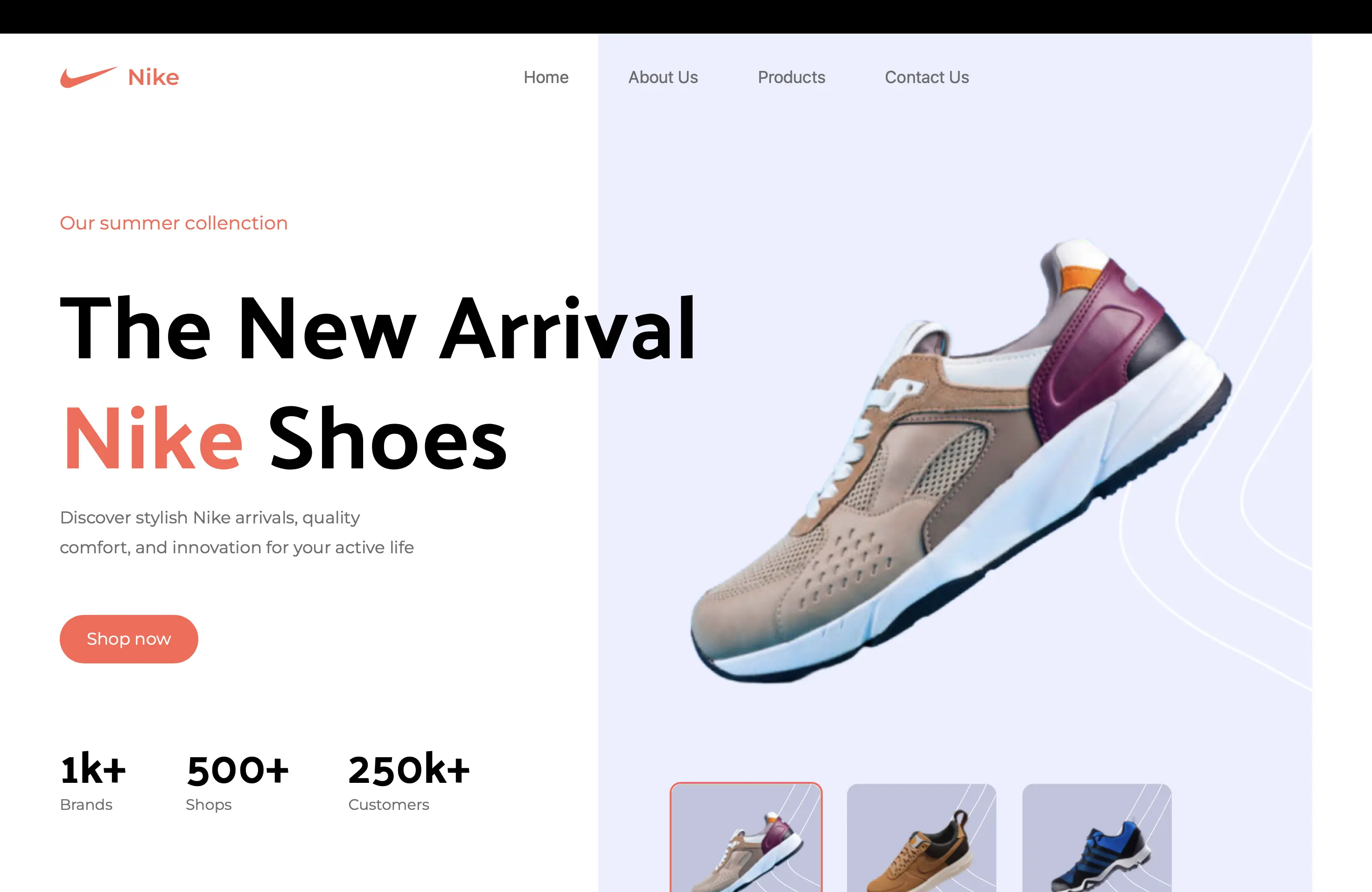DIY vs. Professional Web Design: What's Right for Your Small Business?
Discover the pros and cons of DIY and professional web design for small businesses. Learn how to make the right choice to optimize your online presence.
Introduction
In today's digital age, having a strong online presence is essential for small businesses to thrive. One of the key elements of this online presence is a well-designed website. However, small business owners often face the dilemma of whether to tackle web design themselves or invest in professional services. In this blog post, we'll explore the pros and cons of DIY vs. professional web design and provide insights to help you make the right choice for your small business.
DIY Web Design
DIY web design involves creating your website using online website builders, content management systems (CMS) like WordPress, or coding from scratch. One of the main advantages of DIY web design is cost savings. With the abundance of user-friendly tools and templates available, even those without technical expertise can build a basic website relatively quickly and inexpensively. However, DIY web design may lack the polish and functionality of professionally designed websites, and you may encounter limitations in customization and scalability.
Professional Web Design
On the other hand, professional web design entails hiring a professional web designer or agency to create a custom website tailored to your business needs. While professional web design may come with a higher upfront cost, it offers several advantages. Professional designers bring expertise in user experience (UX) design, ensuring your website is not only visually appealing but also intuitive and easy to navigate. Furthermore, a professionally designed website can enhance your brand credibility and attract more visitors. Additionally, professional web design often includes ongoing support and maintenance, ensuring your website remains up-to-date and optimized for performance.
Making the Right Choice
So, which option is right for your small business? The decision ultimately depends on your budget, time constraints, and specific requirements. If you have limited resources and are comfortable with technology, DIY web design can be a viable option to get your business online quickly. However, if you value quality, customization, and the expertise of professionals, investing in professional web design may yield better long-term results. Consider factors such as the complexity of your website, your target audience, and your long-term business goals when making your decision.
Conclusion
In conclusion, both DIY and professional web design have their pros and cons, and the choice between the two depends on your unique circumstances. Whether you decide to take the DIY route or enlist the help of professionals, the most important thing is to ensure that your website effectively represents your brand and meets the needs of your target audience. By carefully weighing your options and considering your priorities, you can make an informed decision that sets your small business up for success in the digital landscape.
You Might Also Like

DIY vs. Professional Web Design: What's Right for Your Small Business?
In today's digital age, having a strong online presence is essential for small businesses to thrive. One of the key elements of this online presence is a well-designed website. However, small business owners often face the dilemma of whether to tackle web design themselves or invest in professional services. In this blog post, we'll explore the pros and cons of DIY vs. professional web design and provide insights to help you make the right choice for your small business.

5 Affordable Ways to Boost Your Online Presence
In today's digital world, establishing a strong online presence is crucial for the success of any business, big or small. However, many small business owners struggle to allocate significant resources to their digital marketing efforts. The good news is that there are several affordable strategies you can implement to boost your online presence without breaking the bank. In this blog post, we'll explore five cost-effective ways to enhance your online visibility and attract more customers to your business.

The Power of Local SEO: Attracting Customers in Your Neighborhood
In today's competitive business landscape, small businesses need every advantage they can get to attract customers and stand out from the crowd. For brick-and-mortar businesses, one powerful tool for driving local traffic is local search engine optimization (SEO). Local SEO focuses on optimizing your online presence to appear in search results when people in your neighborhood are looking for products or services like yours. In this blog post, we'll explore the power of local SEO and share strategies to help you attract more customers in your neighborhood.

10 Essential Elements Every Small Business Website Needs
In today's digital age, having a professional and effective website is essential for the success of any small business. Your website serves as the online storefront for your business, providing potential customers with their first impression of your brand. To ensure that your website effectively attracts visitors, builds credibility, and drives conversions, it's crucial to include certain key elements. In this blog post, we'll explore the 10 essential elements that every small business website needs to succeed.
